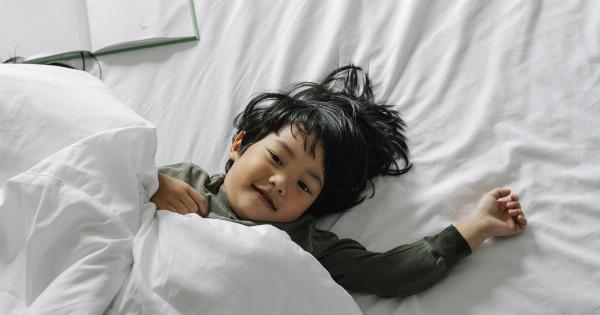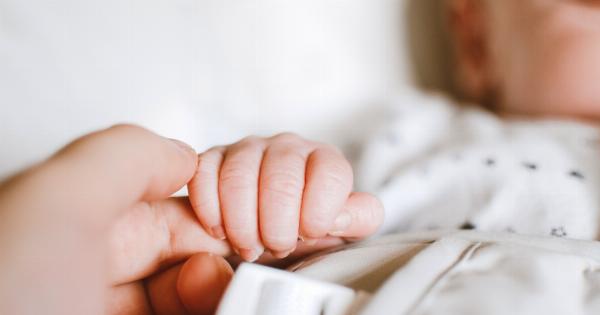It can often be difficult to recognize the signs of anxiety and depression in children. Many children may display common behavioral patterns that could be attributed to general moodiness or difficult phases.
However, certain behaviors and changes in a child’s personality can indicate a possible risk for anxiety and depression. Learning to recognize these signs can help parents proactively seek professional help for their child, so they can receive the support and care they need.
1. Withdrawal and isolation
If a child is displaying signs of social withdrawal or isolation, it may indicate that they are struggling with anxiety and depression. They may prefer to spend time alone in their room or avoid social activities that they used to enjoy.
They may also have difficulty making friends or maintaining relationships with peers.
2. Irritability and anger
Children who are struggling with anxiety and depression may become irritable and angry more frequently than usual. They may lash out or have angry outbursts without any warning.
Parents may also notice that their child is more prone to temper tantrums or has difficulty managing their emotions.
3. Changes in sleep patterns
Difficulty sleeping or changes in sleep patterns can be a sign of anxiety and depression in children. They may struggle to fall asleep, have nightmares or wake up frequently during the night.
Others may sleep excessively, finding it difficult to get out of bed in the morning.
4. Changes in appetite
Changes in appetite are also a sign that a child may be struggling with anxiety and depression. They may lose their appetite and become disinterested in food or, conversely, develop cravings for sugary or salty foods.
Parents may also notice sudden changes in weight, which could indicate an underlying problem.
5. Difficulty concentrating
Children with anxiety and depression may have difficulty concentrating at school or with homework. They may have trouble paying attention in class or remembering simple facts. This could lead to poor academic performance or delays in development.
6. Physical complaints
Physical complaints such as headaches and stomach aches can be a sign of underlying anxiety and depression.
Children may complain of physical symptoms when they are feeling overwhelmed or stressed, and it is important to pay attention to these complaints and investigate them further.
7. Loss of interest in hobbies or activities
If a child has lost interest in hobbies or activities that they used to enjoy, it may be a sign that they are struggling with anxiety and depression. They may seem disinterested or refuse to participate in activities that they used to love and enjoy.
8. Negative self-talk
Children with anxiety and depression may have negative thoughts about themselves or their abilities. They may talk negatively about themselves or make negative comments about their appearance or personality.
9. Increased sensitivity
Children who are struggling with anxiety and depression may be more sensitive than usual. They may become easily upset or distraught over small things, or they may struggle to handle criticism or rejection.
10. Self-harm
Self-harm can be a sign that a child is struggling with severe anxiety and depression. Children may engage in self-injury as a way to cope with overwhelming emotions, and it is important to seek professional help if this behavior is noticed.
Conclusion
Recognizing the signs of anxiety and depression in children is crucial for parents to provide the best support and care for their children.
While these signs can be alarming, it is important to remember that anxiety and depression can be treated with professional help, and early intervention is key to a successful outcome.































